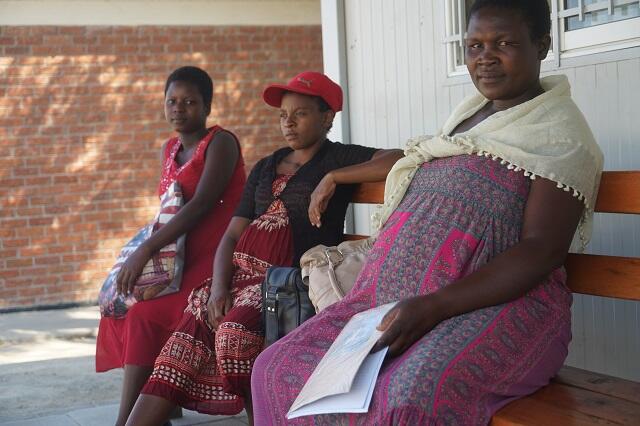The Ministry of Health and Child Care with support from the United Nations Population Fund (UNFPA) and funding from the People’s Republic of China, has conducted training in Basic Emergency Obstetric and Newborn Care (BEmONC) in Manicaland for maternal health personnel to capacitate the them to provide quality health care services to the communities.
Manicaland Ministry of Health and Child Care, Provincial Maternal and Child Health Officer (PMCHO) Dr. Admire Maravanyika said the health care workers have also been trained in COVID-19 management despite the main objective of the training being on maternal health.
“We are hopeful that these trainings will improve the capacity of our healthcare workers. It will boost their confidence, protect the communities and ultimately, service provision will be improved resulting in a reduction in maternal and perinatal deaths,” said Dr. Maravanyika.
The intervention by the Government of China follows the devastation caused by Cyclone Idai in the Manicaland province in March 2019. Zimbabwe experienced torrential rainfall in March 2019, which led to riverine and flash floods, subsequent deaths, destruction of livelihoods and properties in Chimanimani, Chipinge and other areas in the province. Chimanimani and Chipinge districts were the most affected with an estimated 237,000 people affected.
An estimated 10,000 deliveries and 1,500 Caesarean sections were expected in the two affected districts in a six-month period. In addition, it was predicted that post-cyclone stressful living conditions and limited access to skilled health providers and health facilities would exacerbate the community’s vulnerability, thus predisposing them to a high risk of maternal morbidity and mortality.
According to Dr. Maravanyika, maternal health challenges being faced in the region are broad and are , compounded by personal beliefs that promote use of traditional birth attendants. He says health facilities are faced with limited resources and this presents a challenge in providing adequate care for pregnant women.
“Availability of surgical sundries which are always running out is one of the challenges that affect the management of patients at health facilities,” Dr. Maravanyika says.
“The support from the Government of China is timely, its indeed a welcome intervention but for it to be successful – it has to look at other facets of maternal health care service provision, these include fully equipping the health facilities with relevant machinery to complement the personnel capacitation.”
The Government of China has stepped in to assist in the aftermath of Cyclone Idai to strengthen emergency obstetric and neonatal care in the affected areas in Zimbabwe. The support also includes the procurement of equipment for essential maternal health care services including for normal deliveries and Caesarean section. The purpose of the project is to contribute to the reduction in maternal morbidity and mortality in the affected districts in Zimbabwe by 2020.
Under the project, UNFPA and the Ministry of Health will procure, deliver and distribute reproductive health medical equipment and medicines to the affected medical institutions to enhance capacity to provide emergency care services for pregnant women and newborns.
To date commodities valued at over $390,000 have been procured and are ready for distribution to various parts of the country. This includes reproductive health kits which no doubt supports the provision of quality maternal health services.



